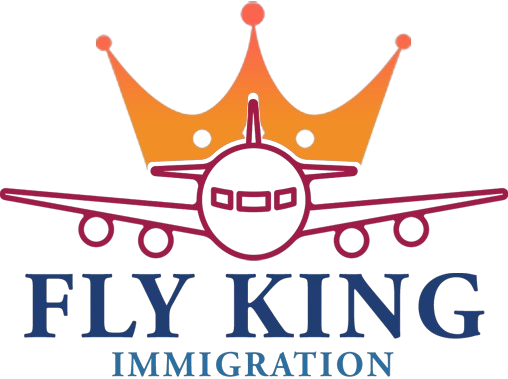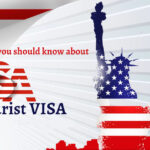Comprehensive Documentation Requirements for Approved Schengen Visa Applications

To provide comprehensive information about the Schengen Visa approval process, it’s important to understand the requirements and steps involved. Here’s a detailed breakdown of the documents needed for a Schengen Visa approval:
1. Visa Application Form: Fill out the official Schengen Visa application form completely and accurately. You can typically download this form from the website of the embassy or consulate of the country you intend to visit.
2. Passport: Provide a valid passport that is not older than ten years and will be valid for at least three months beyond your intended stay in the Schengen Area. Make sure your passport has at least two blank pages for visa stamps.
3. Passport Photos: Submit two recent passport-size photos that meet the Schengen visa photo requirements. These photos should be taken against a white background and must adhere to the specified dimensions.
4. Travel Itinerary: Provide a detailed itinerary of your trip, including flight reservations, accommodation bookings, and a planned daily schedule of activities. This helps the consulate assess the purpose and duration of your stay.
5. Travel Health Insurance: Obtain travel health insurance that covers medical expenses, including emergency treatment and repatriation, for the entire duration of your stay in the Schengen Area. The minimum coverage required is €30,000.
6. Proof of Accommodation: Provide proof of your accommodation arrangements for the entire duration of your stay in the Schengen Area. This could include hotel reservations, a rental agreement, or a letter of invitation from a host in the Schengen country.
7. Financial Means: Demonstrate that you have sufficient financial means to cover your expenses during your stay in the Schengen Area. This could include bank statements, proof of income, or a sponsorship letter if someone else is covering your expenses.
8. Proof of Employment: If you are employed, provide a letter from your employer stating your job position, salary, and approved leave of absence for the duration of your trip. If you are self-employed, provide proof of your business registration and financial status.
9. Purpose of Travel: Depending on the purpose of your visit (e.g., tourism, business, family visit), you may need to provide additional documents such as an invitation letter, conference registration, or proof of relationship with a family member in the Schengen Area.
10. Additional Requirements: Depending on the specific requirements of the Schengen country you are applying to, you may need to provide additional documents such as a No Objection Certificate (NOC) from your employer, a police clearance certificate, or proof of ties to your home country.
It’s important to note that the exact requirements for a Schengen Visa may vary slightly between different Schengen countries. Therefore, it’s advisable to check the specific requirements of the country you plan to visit and ensure that you submit all required documents in the correct format and within the specified timeframe.



 Previous Post
Previous Post Next Post
Next Post